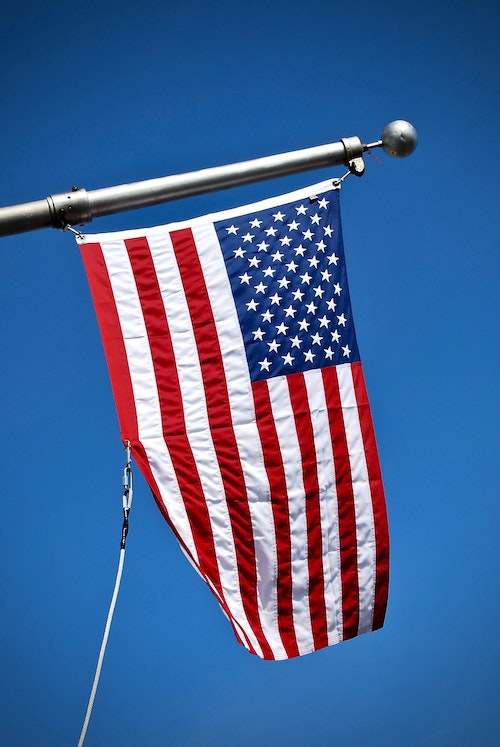
(Unsplash/Jordhan Madec)

(Unsplash/Jordhan Madec)
Women veterans, chaplains, academics, faith and lay leaders will come together on May 14 and 15 for a conference on moral injury to be held online due to the coronavirus pandemic.
A relatively new area of research, moral injury occurs when a combat veteran struggles with the ethical and moral ambiguities of war — their sense of right and wrong being violated. This has a profound effect on their social, behavioral and spiritual functioning.
"Moral injury happens when a soldier's deeply-held religious beliefs or world views are shattered due to something they witness or take part in," explained Dr. Daniel Roberts, president and CEO of the Moral Injury Support Network for Servicewomen, Inc., the group sponsoring the conference
The Women Veterans Military Moral Injury Conference will bring together those from various fields to help heal women veterans who suffer moral injury during their time serving.
Risk of moral injury is higher for women veterans raised in a religious household. They experience conflicting emotions when asked to commit actions that go against their beliefs or everything they know about God, loving kindness and faith. Often there's a feeling of abandonment.
During his research, Roberts found many women had experienced injury after having to kill someone during combat, or even witnessing first-hand the extreme poverty in places where they were deployed. "They can't really do anything about it, because they are there on a mission and can't get involved in anything outside of it," he explained.
Roberts studied chaplain support to military women and found a dearth of research on women veterans. Most studies were male-oriented, with nothing on how to approach the problem for women.
But moral injury is not restricted to combat alone. Often for women service members, moral injuries are also a result of military sexual trauma, harassment, disrespect and even physical violence.
Advertisement
"For service women, the institution can itself be injuring. The way leaders enact their leadership, or various rules and policies can be injurious because they're unfair and biased," said Roberts. For women, the injuries can come from within the institution, whereas for the men, it's mainly external.
Among male veterans who don't experience combat, the chances of facing a moral injury-type event are low, except for unreported sexual trauma.
While post-traumatic stress disorder among veterans is a known diagnosis, there is a lack of research and proven approach to help with moral injury. "There are a number of organizations that are working on it. Some apply PTSD approaches to treat moral injury, and it may work. But there aren't any specific modalities to treat this," said Roberts.
A morally injured veteran is unable to have functional relationships. Some women veterans reported living in total isolation, others have trouble in their married life, especially with parenting. A few reported homelessness, joblessness and suicidal tendencies.
It's here that faith plays an important role in healing. "Faith is used as a starting point. It could begin with the simple act of seeking forgiveness. There are a lot of opportunities to research these approaches," said Robert.
During his research Roberts found that faith leaders often associated moral injury with combat, and don't take into consideration sexual trauma and other experiences of women. This is especially true of denominations that are more conservative. Roberts noted that seminaries provided little in the way of training to specifically orient chaplains/priests to the needs of female service members.
The group is seeing growing Catholic participation. Holy Cross Catholic Church in Atlanta is one of the largest donors to the conference. Another important member of the conference planning committee is Christy O'Hara, a Catholic and a member of Women Veterans Social Justice Network, an organization co-hosting the conference.
Roberts hopes that the conference would help build a larger network of collegial relationship, to fill the gaps in research on the subject.
"We've kept a low participation fee, and the sessions will be recorded for access later. People, especially women veterans and chaplains, can access resources that can help them," he said.
[Sarah Salvadore is NCR's Bertelsen editorial intern. Her email address is ssalvadore@ncronline.org.]








